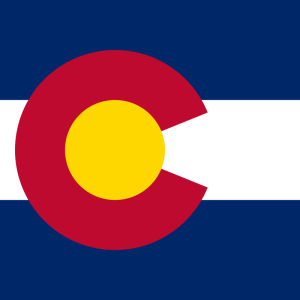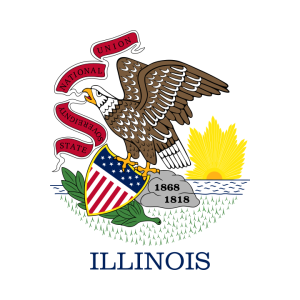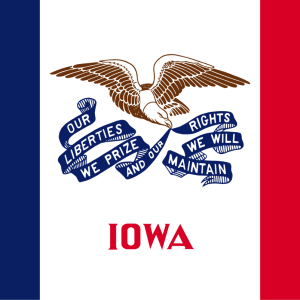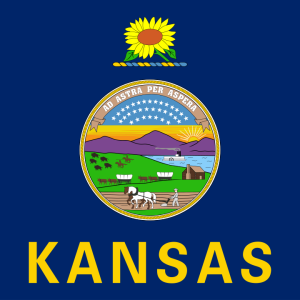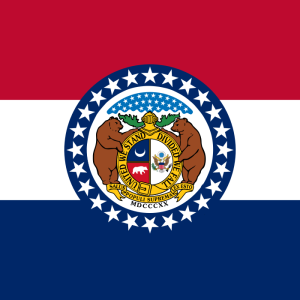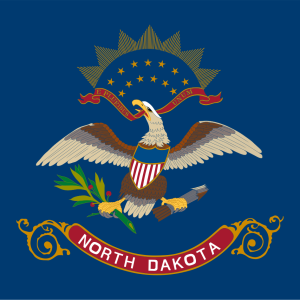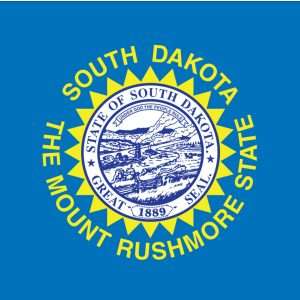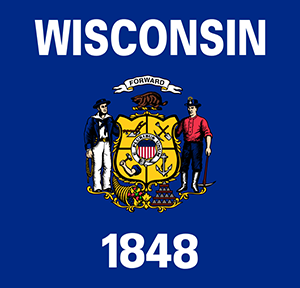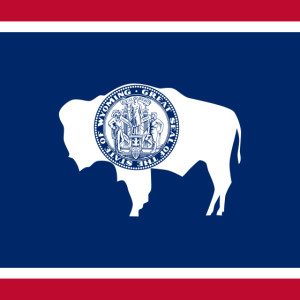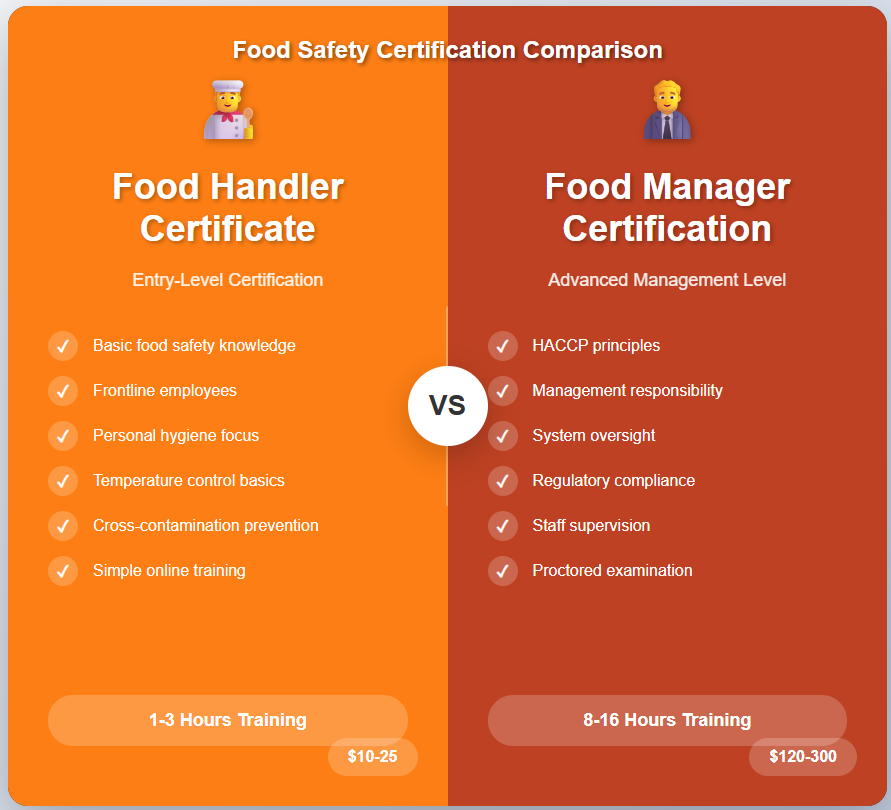The food service industry operates under strict safety regulations designed to protect public health, and proper certification is a cornerstone of these protections. However, navigating the world of food safety credentials can be confusing, especially when trying to understand the difference between a Food Handler Certificate and a Food Manager Certification. While both credentials focus on food safety, they serve distinct purposes, target different roles, and carry varying levels of responsibility and training requirements.
What is a Food Handler Certificate?
A Food Handler Certificate is an entry-level credential designed for employees who directly handle food in their daily responsibilities. This certification covers fundamental food safety knowledge that every food service worker should possess, regardless of their specific role within the establishment.
Who Needs a Food Handler Certificate?
Food Handler Certificates are typically required for frontline employees in various food service positions, including:
- Line cooks and prep cooks
- Servers and waitstaff
- Cashiers in food establishments
- Dishwashers
- Food delivery personnel
- Baristas and counter service workers
- Cafeteria workers in schools and healthcare facilities
The scope of this certification focuses on basic food safety practices that these employees encounter in their day-to-day work. According to industry standards, a Food Handler is defined as a person who works in a food facility and performs duties involving the preparation, storage, or service of food.
Food Handler Training Requirements
Food Handler training is designed to be accessible and straightforward, typically requiring:
- Duration: Most courses can be completed in 1-3 hours
- Format: Available online or in-person, with online being the most common option
- Exam: Usually includes a basic knowledge test with a passing score requirement (often 70% or higher)
- Renewal: Validity periods vary by state, typically ranging from 1-3 years
- Cost: Generally ranges from $7-25, making it affordable for entry-level workers
Key Topics Covered in Food Handler Training
Food Handler courses focus on essential food safety fundamentals:
- Personal hygiene and handwashing techniques
- Temperature control and food storage
- Cross-contamination prevention
- Basic cleaning and sanitization
- Recognizing foodborne illness symptoms
- Proper food handling procedures
- Basic allergen awareness
What is a Food Manager Certification?
A Food Manager Certification, also known as a Food Protection Manager Certification, represents a more comprehensive and advanced credential. This certification is designed for individuals in supervisory or leadership roles who bear greater responsibility for ensuring overall food safety compliance within their establishment.
Who Needs a Food Manager Certification?
Food Manager Certifications are typically required for:
- Restaurant managers and assistant managers
- Kitchen supervisors and head chefs
- Food service directors
- Persons-in-charge during operational hours
- Franchise owners and operators
- Catering company supervisors
- Institutional food service managers
These individuals are responsible not only for their own food safety practices but also for overseeing and ensuring that all staff members follow proper protocols.
Food Manager Training Requirements
Food Manager certification involves more rigorous training and assessment:
- Duration: Training typically requires 8-16 hours of coursework
- Format: Available online or through instructor-led sessions
- Exam: Comprehensive proctored examination covering advanced food safety concepts
- Accreditation: Must be accredited by the ANSI National Accreditation Board (ANAB) and approved by the Conference for Food Protection
- Renewal: Generally valid for 3-5 years, depending on local regulations
- Cost: Typically ranges from $120-300, reflecting the more comprehensive nature of the training
Advanced Topics in Food Manager Training
Food Manager courses cover sophisticated food safety management concepts:
- Hazard Analysis and Critical Control Points (HACCP) principles
- Food safety management systems
- Advanced temperature monitoring and documentation
- Supplier verification and receiving procedures
- Employee training and supervision responsibilities
- Crisis management and outbreak response
- Regulatory compliance and inspection preparation
- Advanced allergen management protocols
- Detailed cleaning and sanitization programs
Key Differences Between the Two Certifications
Level of Responsibility
The most significant difference lies in the scope of responsibility. Food Handler Certificates focus on individual compliance with basic food safety practices, while Food Manager Certifications encompass system-wide oversight and management of food safety programs. Food managers are responsible for ensuring that all food handlers observe good food safety practices and maintaining overall compliance with health department regulations.
Training Depth and Duration
Food Handler training provides essential knowledge in a condensed format, typically completed within a few hours. Food Manager training offers comprehensive education on complex food safety systems, requiring significantly more time investment and covering advanced management principles.
Legal Requirements and Jurisdiction Variations
Requirements vary significantly by location. Some jurisdictions require frontline workers to have Food Handler Cards, while others only mandate Food Manager Certification for key supervisors. Many areas require both: Food Manager Certifications for supervisory staff and Food Handler Certificates for all other food-handling employees.
Career Impact and Professional Development
While Food Handler Certificates serve as entry-level credentials, Food Manager Certifications can significantly impact career advancement opportunities. The advanced knowledge and recognized accreditation of Food Manager Certification often lead to higher-paying positions and greater professional responsibilities.
Choosing the Right Certification
Assess Your Role and Responsibilities
Your specific job duties should guide your certification choice. If you’re preparing food, serving customers, or handling ingredients as a frontline employee, a Food Handler Certificate is typically appropriate. However, if you supervise staff, manage operations, or bear responsibility for overall food safety compliance, a Food Manager Certification is likely required.
Consider Local Regulations
Research your local health department requirements, as regulations vary significantly by state, county, and municipality. Some areas have specific mandates about who needs which type of certification, and failing to comply can result in fines or operational restrictions.
Think About Career Goals
If you aspire to management positions in food service, obtaining a Food Manager Certification early in your career can demonstrate commitment to professional development and may open doors to advancement opportunities.
Compliance and Best Practices
Understanding Legal Requirements
It’s important to note that in many jurisdictions, managers who already hold a Food Protection Manager Certification may not need a separate Food Handler Card, as the advanced certification encompasses all basic food handling knowledge. However, this varies by location, so always verify local requirements.
Maintaining Current Certifications
Both types of certifications require periodic renewal to ensure that food safety knowledge stays current with evolving regulations and best practices. Establish a renewal schedule and budget for ongoing training costs as part of professional development planning.
Creating a Culture of Food Safety
Regardless of which certification you hold, remember that food safety is everyone’s responsibility. Effective food safety programs combine proper training at all levels with consistent implementation and continuous improvement.
Conclusion
Understanding the distinction between Food Handler Certificates and Food Manager Certifications is crucial for anyone working in the food service industry. While both serve important roles in maintaining food safety standards, they address different aspects of the food safety ecosystem. Food Handler Certificates provide essential foundational knowledge for frontline workers, while Food Manager Certifications prepare supervisors and managers to oversee comprehensive food safety programs.
The choice between these certifications should be based on your current role, local regulatory requirements, and career aspirations. Many successful food service professionals eventually obtain both credentials as they advance through their careers, starting with a Food Handler Certificate and later pursuing Food Manager Certification as they take on greater responsibilities.
By investing in proper food safety training and certification, you’re not only meeting legal requirements but also contributing to public health protection and building a foundation for long-term success in the food service industry. Whether you’re just starting your career or looking to advance to management positions, understanding these certifications will help you make informed decisions about your professional development path.
This article is for informational purposes only. Always consult your local health department for specific certification requirements in your area, as regulations vary by jurisdiction.




